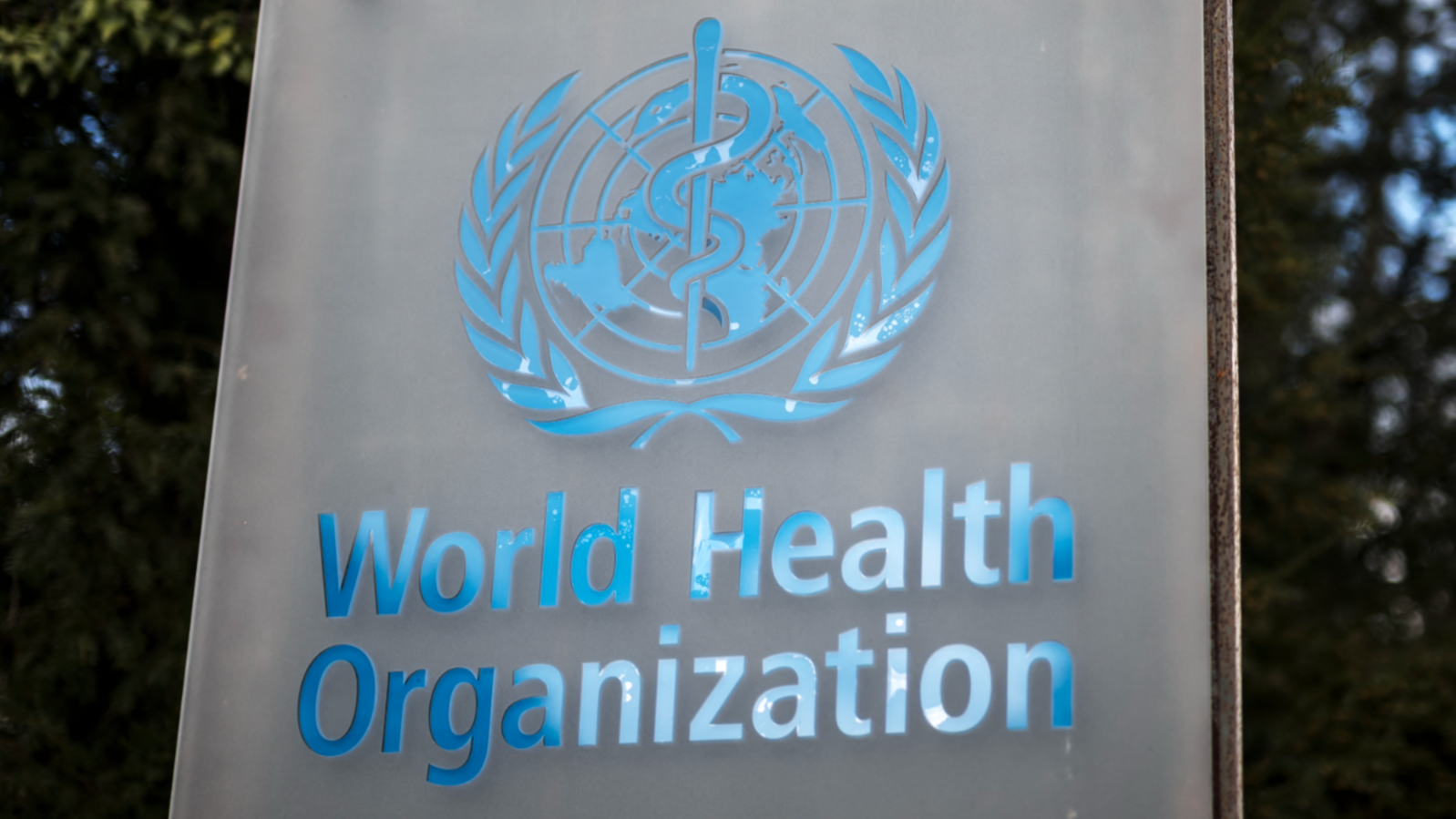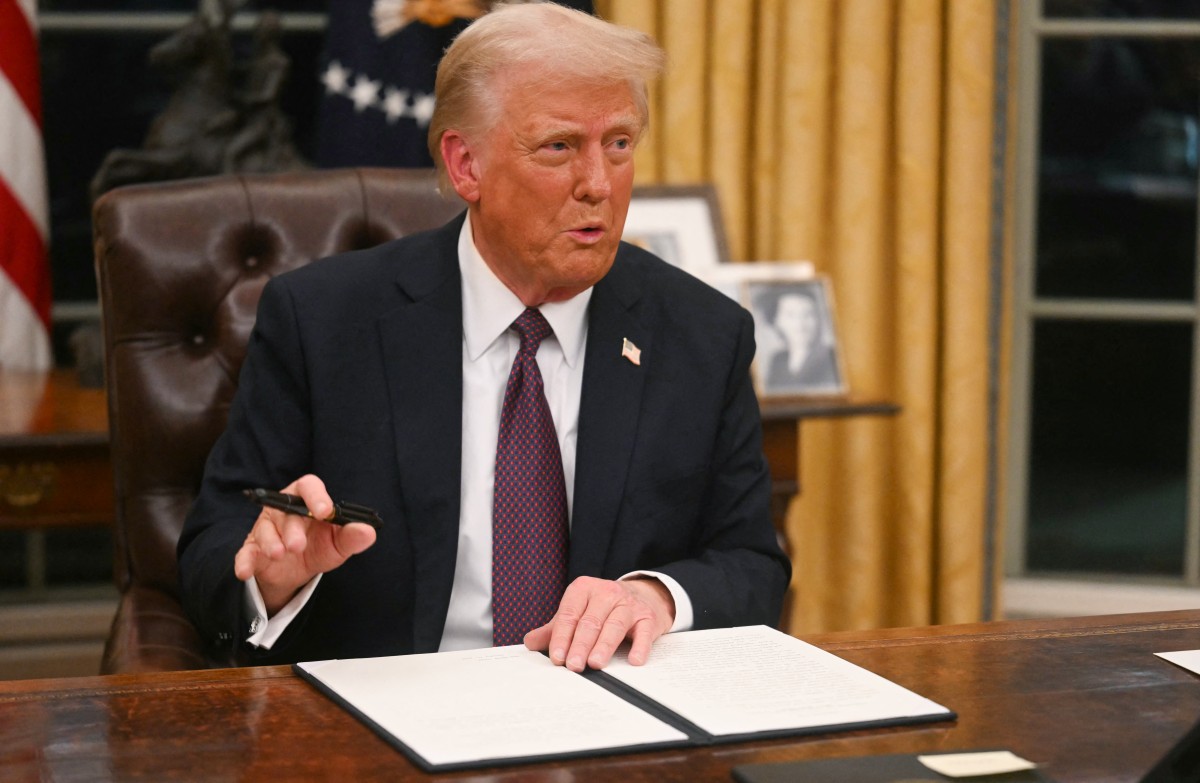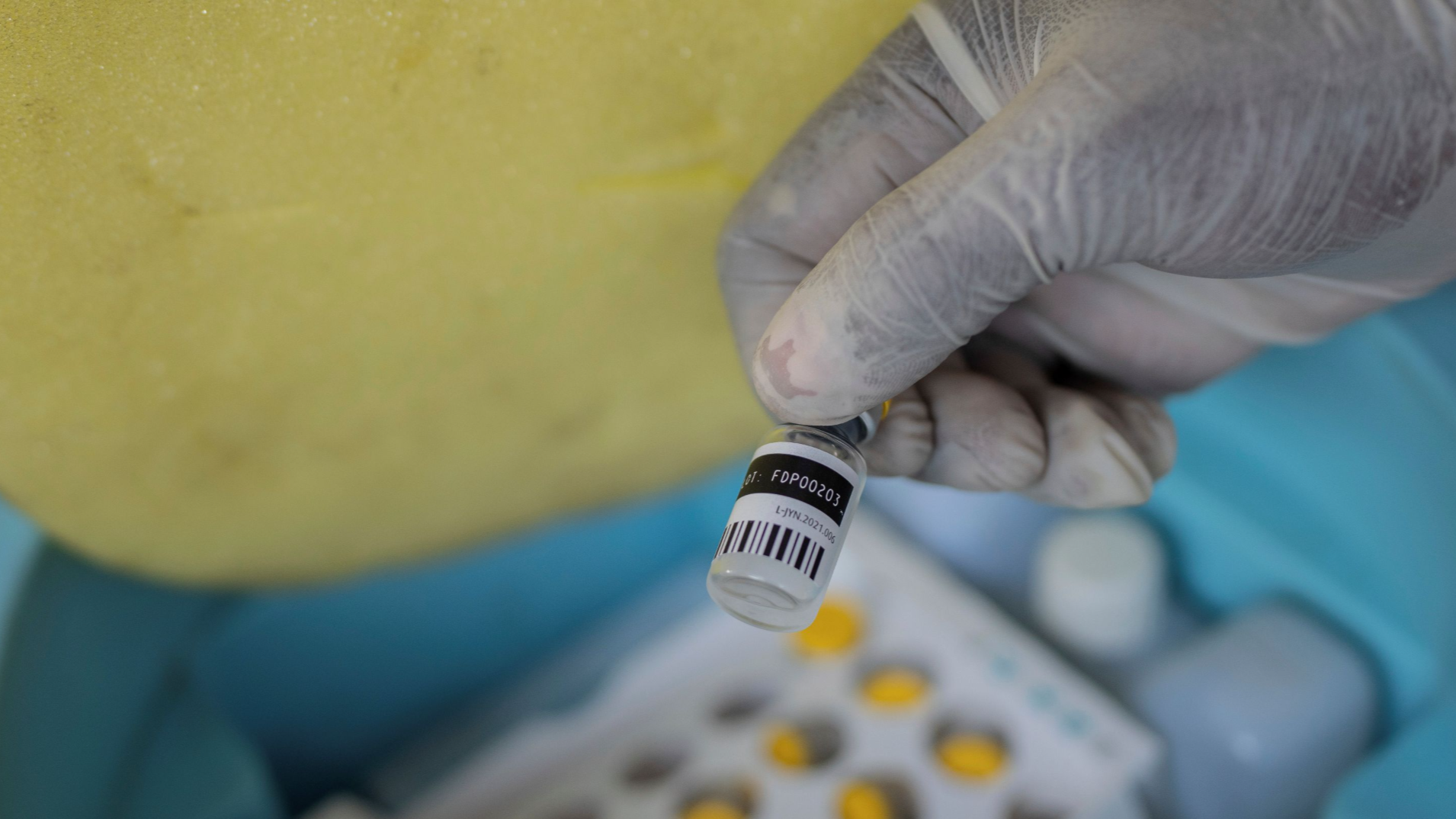
LONDON/GENEVA - Hundreds of World Health Organization officials will join donors and diplomats in Geneva from Monday with one question dominating their thoughts: How to tackle crises from mpox to cholera without their main funder, the United States.
The week-long annual assembly usually showcases the scale of the UN agency set up to tackle disease outbreaks, approve vaccines and support health systems worldwide.
This year - since US President Donald Trump started the year-long process to leave the WHO with an executive order on his first day in office in January - the main theme is scaling down.
"Our goal is to focus on the high-value stuff," Daniel Thornton, the WHO's director of coordinated resource mobilization, told Reuters.
Just what that "high-value stuff" will be is up for discussion. Health officials have said the WHO's work in providing guidelines for countries on new vaccines and treatments for conditions from obesity to HIV will remain a priority.
One WHO slideshow for the event, shared with donors and seen by Reuters, suggested work on approving new medicines and responding to outbreaks would be protected, while training programmes and offices in wealthier countries could be closed.
ALSO READ: WHO says member states reach agreement to tackle future pandemics
The United States had provided around 18 percent of the WHO's funding but it was not on the list of attendees released on Sunday, and on Monday as the assembly began, the US chair was empty in the main hall.
"We've got to make do with what we have," said one Western diplomat who asked not to be named.

Staff have been getting ready - cutting managers and budgets - ever since Trump's January announcement in a rush of directives and aid cuts that have disrupted numerous multilateral pacts and initiatives.
The year-long delay, mandated under US law, means the US is still a WHO member - its flag still flies outside the Geneva headquarters - until its official departure on Jan 21, 2026.
Trump - who accused the WHO of mishandling COVID-19, which it denies - muddied the waters days after his statement by saying he might consider rejoining the agency if its staff "clean it up".
But global health envoys say there has since been little sign of a change of heart. So the WHO is planning for life with a $600 million hole in its budget for this year and cuts of 21 percent over the next two-year period.
ALSO READ: China vows to back global health efforts
On Monday, host country Switzerland's Health Minister Elisabeth Baume-Schneider opened the assembly with a new voluntary donation of $80 million over four years.
Others have suggested it might be time for a broader overhaul.
"Does WHO need all its committees? Does it need to be publishing thousands of publications each year?” said Anil Soni, chief executive of the WHO Foundation, an independent fund-raising body for the agency.

There is also the urgent need to make sure key projects hold up during the immediate cash crisis. That meant going to donors with particular interests in those areas, including pharmaceutical companies and philanthropic groups, Soni said.
The ELMA Foundation, which focuses on children's health in Africa, has already stepped in with $2 million for the Global Measles and Rubella Laboratory Network - more than 700 labs which track infectious disease threats, he added.
READ MORE: WHO warns funding cuts threaten maternal, newborn health in Africa
Other business at the assembly includes rubber-stamping a historic agreement on how to handle future pandemics and drumming up more cash from donors at an investment round.
But the focus remains on funding under the new world order.


